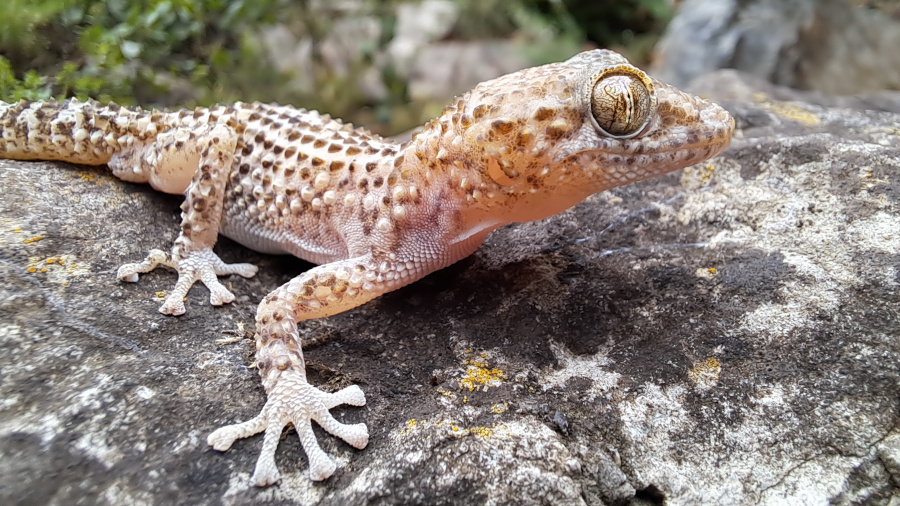Researchers at the UAB have managed to demonstrate that extreme heat can change the genetic destiny of a species. Recently published results indicate that the increase in temperatures is modifying biological processes that are fundamental for species, from fertility to sex determination.

Biodiversity is disappearing at an alarming rate and is driven by human activity: contamination, greenhouse gases and extreme temperatures. But how exactly do these factors affect the reproduction and survival of species? The research group of the Universitat Autònoma de Barcelona (UAB) led by Professor Aurora Ruiz-Herrera, researcher of the Institute of Biotechnology and Biomedicine (IBB-UAB) and ICREA Acadèmia, aimed to answer this question by focusing on the study of reptiles and fish, species that are key for the balance of ecosystems. The presence and state of health of reptiles and fish directly influence the structure and functioning of terrestrial and aquatic food webs, which makes them true sentinels of the environmental state of the planet.
The UAB team recently published two studies on reptiles that demonstrate how changes in environmental temperature can alter the genetic processes of reproduction and evolution of the species.
In one of the studies, published in PLOS Genetics, the UAB team discovered that extreme temperatures alter the genetic recombination of the Guibé's ground gecko (Paroedura guibeae), a small reptile living in the warm ecosystems of Madagascar. Recombination is a fundamental process for species since it generates genetic diversity, which increases the probabilities of a species adapting to climate changes. It also influences evolution, by determining which genetic combinations are passed on to descendants. The team led by Aurora Ruiz-Herrera observed that under conditions of heat, recombination events increased, alongside greater DNA fragmentation and changes in chromosomal structures. These results reveal that temperature not only affects gene expression, but also the way in which genetic information is transmitted through generations.
"This study helps us understand that global warming not only affects the climate, but also influences the adaptation mechanisms of animals to survive", explains Laura González Rodelas, researcher from the UAB group and co-author of the study.
The second study, conducted in parallel alongside an international consortium and published in GigaScience (Oxford University Press), focused on the central bearded dragon (Pogona vitticeps), an Australian species capable of changing sex if the eggs are incubated at high temperatures. This phenomenon, known as temperature-induced sex reversal, allows genetically male individuals (carriers of the ZZ chromosomes) to develop as functional females. Thanks to a new high quality genome sequencing, researchers were able to study in detail the sexual chromosomes of this species and better understand how the environment can reprogramme their biological development. The new sequencing, which includes complete assemblies of Z and W sex chromosomes, opens the door to identifying key genes involved in sex determination and understanding how the environment can alter genetic progammes that define sex.
"This new genome will be a fundamental resource in facilitating and accelerating research on the reproductive particularities of this species, as well as for comparative studies with other reptiles", explains Laia Marín Gual, researcher of the UAB group and co-author of the study.
Both studies highlight a clear message: the temperature not only changes the climate, it also changes the way in which life is transmitted, the UAB research team highlights. According to them, these findings have profound implications for evolutionary biology and species conservation in an increasingly warmer world.
"We are beginning to understand how the environment can directly mould the genetic architecture of organisms. These results bring us closer to unraveling the mechanisms that allow reptiles to adapt and persist under extreme conditions," explains Aurora Ruiz-Herrera. "Understanding these processes is key to anticipating which species are more vulnerable to climate change and designing more efficient conservation strategies, because protecting biodiversity also protects the future of all of us", concludes the researcher and chair professor of the Department of Cellular Biology, Physiology and Immunology of the UAB.
Original articles:






